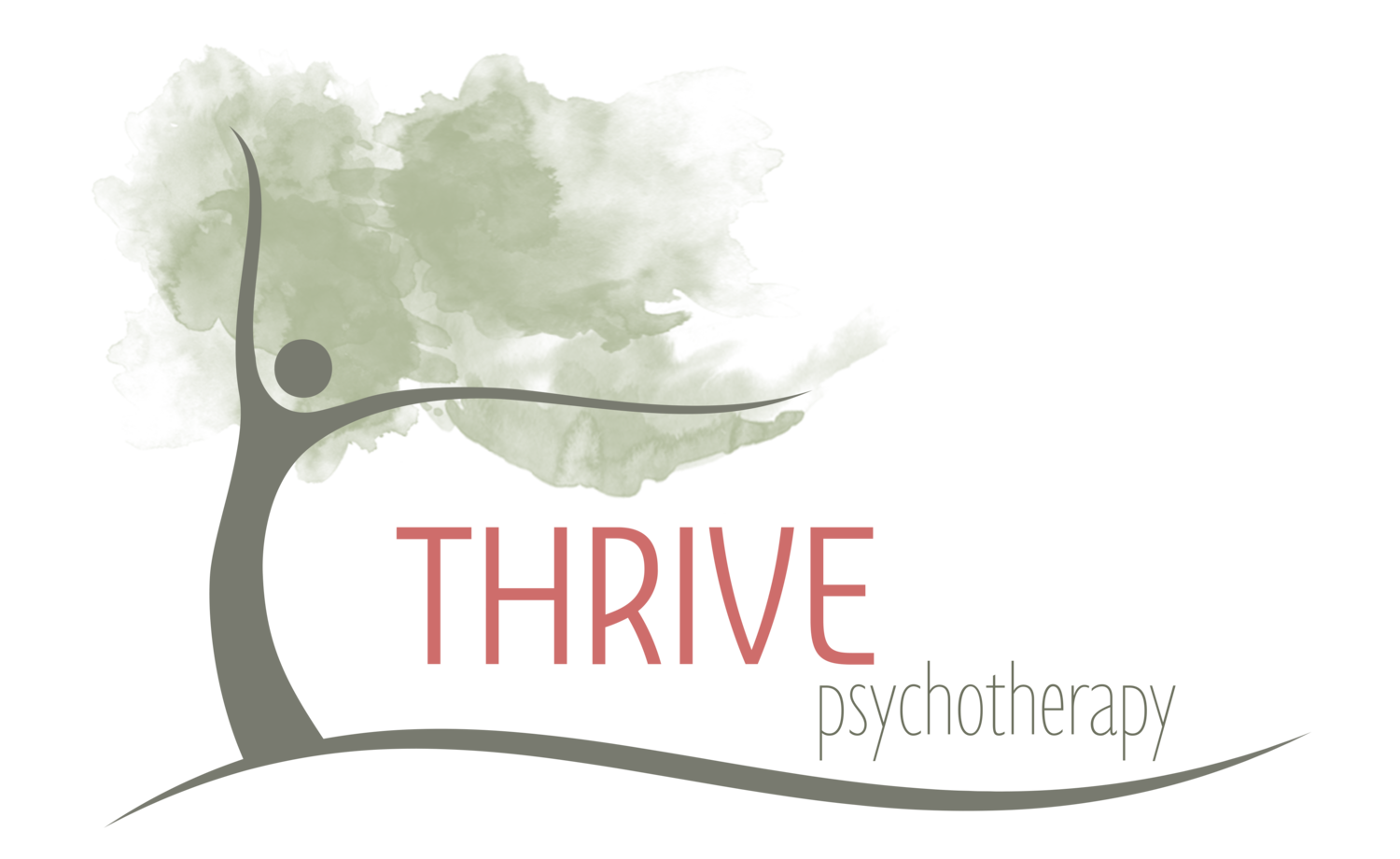“What if...” and Coping with Chronic Doubt
Doubt is an excruciating emotion. It makes us question if we made the right choice in our partners, if our friends and coworkers actually like and accept us, if we will ever achieve (or even deserve) success. For some, doubtfulness is crippling to the point of worrying that our loved ones will be safe from harm. We can learn to live with doubt (and even quiet it) but how?
Some People are Doubters
Some people are plagued by chronic doubt and others just aren’t. The good news is that there is nothing wrong with people who tend to feel doubtful. People who tend to feel doubtful have brains that are ‘sticky.’ This means that an idea that might normally pass a non-doubter by gets stuck to a doubter’s brain and nags them constantly. Sometimes it’s a big thought like “I wonder if my partner is cheating” or “I don’t know if I should leave my job” and sometimes it’s a small thought like “I wonder if that waiter thinks that I was rude” or “Maybe I won’t have anything interesting to say at the meeting.” The difficult thing about chronic doubt is that it makes even small thoughts feel huge. Doubters know that if you think a small doubt enough times then it can easily turn into a big one.
Social media and our comparison-encouraging culture have led to many people being plagued with doubt about their lives not measuring up. I so often hear “How come everyone else seems to have their lives/relationships/careers figured out and I don’t?” Being barraged by images of people having children, buying homes, and going on exotic vacations leads many to wonder “What’s wrong with me?”
Don’t Run from Doubt
For chronic doubters, the impulse when having a doubt thought is to withdraw. If you’re afraid that you’ll be perceived as dull or awkward at a party then you might decide not to go. You might end a relationship for fear that your partner is dishonest or stop trying at your job because you think that you’ve already failed. However, this only serves to strengthen doubtfulness. You never get a chance to prove doubt wrong. Perhaps you would have had a few really nice conversations at that party but you only get to find out if you go. When doubt keeps us from our lives we not only miss out on valuable experiences but the doubt thoughts are often stronger next time.
Instead of giving in to doubtfulness, stop and check out what it’s saying. Sometimes doubts are legitimate and sometimes their not. If you have extensive evidence to contradict your thoughts (i.e.: I’m afraid that I’m looked down upon at work and going to be fired but I consistently get pretty good performance reviews) then you’re doubt thoughts may only be serving to upset you.
Doubt and Mindfulness
Doubt’s mortal enemy is mindfulness. Mindfulness is the idea of attending to your experiences without judgment. Doubt loves judgment and when you remove its power source, it starts to quiet down. Turning your doubt into an observable experience rather than getting sucked into it’s mind tricks means that you take the power back.
Some people like to think of their doubt thoughts as little characters that they can tell to ‘go away’ or ‘shut up.’ Turning your doubtfulness into a tangible idea can make it seem more under your control – you can talk to your thought and set boundaries with it. Even consider turning it into a character that you find silly and harmless. Likewise, some people like to set appointments with their thoughts. Deciding that “doubt time” is Mondays and Thursdays between 1 and 1:30 means that when doubt comes knocking outside of that time that you can tell it to get lost and return at the appointed time. You may find that when your appointment arrives that there’s not much to think about.
If you’re a doubter you may continue to experience these thoughts regularly but over time they can become quieter and less overpowering.

